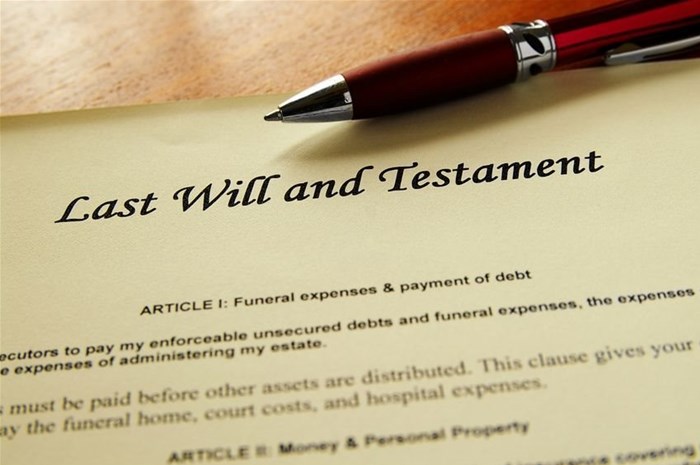The importance of having a Will, as opposed to dying intestate, has been broadcast on radio and television, in law clinics and by law firms. While many South Africans still die without their last will and testament recorded on paper, be it due to superstition (a Roman concept), lack of resources or otherwise, a Will which is not reflective of the deceased's intention at the date of death will lead to persons inheriting the assets of the deceased notwithstanding the deceased having agreed to the contrary.
Personal relationships and circumstances ebb and flow throughout one’s lifetime. The reason or motive for a person to leave assets to one person at a certain point in their life, may change for one reason or another. It is important that the Will reflects the intention of the testator at the date of death. Voet 2.14.16 provides:
No action arises on promise to leave inheritance or legacy. ‒ And if one has undertaken by promise or agreement that he will leave another his inheritance or a legacy, but has nevertheless not kept his undertakings afterwards, no action will be available on the agreement against the heirs of the deceased, whether to obtain the inheritance or legacy or for damages.
Exception to the rule
The last will and testament of a person is sacrosanct and the executor of a deceased estate is obligated to give effect to the last will and testament. There is only one instance in which, without agreement or a court order, the words of a person’s last will and testament can be disregarded. Such instance is governed by Section 2B of the Wills Act 7 of 1953 (the Act).
The Act provides that should a person die within three months of the dissolution of his/her marriage, such person’s Will shall be interpreted as though his/her previous spouse died before the date of the dissolution of the marriage. Presumably, the legislature deems three months an appropriate time within which a recently divorced person will amend or revoke their Will for the distribution of their assets when they die. If a person does not amend their Will within three months, it will be assumed that any bequests to a previous spouse were intended to be bequeathed to him/her, notwithstanding their divorce.
The consequence is that testamentary dispositions made at a particular time (example 18 years old) empower an executor of an estate to administer the estate in accordance with the last will and testament irrespective of the testator’s intention and the obvious change of circumstances.
Revoking an existing Will
Accordingly, more important than having a Will, is expressly revoking your existing Will so as to ensure that an outdated Will is not given effect to by an executor. There are many instances in which parties failed to execute a new Will and as a consequence unscrupulous partners / executors take advantage of the situation even when they are aware that the deceased drew a new Will but failed to execute the Will in accordance with the formalities required.
Alex Simeonides 25 May 2021
That being said, it begs the question – how far does one have to go to revoke a previous Will which no longer represents one’s wishes? Does one need to execute an entirely new valid Will? Is it enough to express that one no longer wants one’s assets to be distributed as provided for in one’s Will? The answer lies somewhere in between.
We recommend that whenever your circumstances change, you document, in writing, your unequivocal revocation of your existing Will and document your changes, sign the document and have the document witnessed. Then send the document to the person who you will instruct to draw your new Will. This will have the effect of precluding a Will which you do not want applied from being enforced.












































